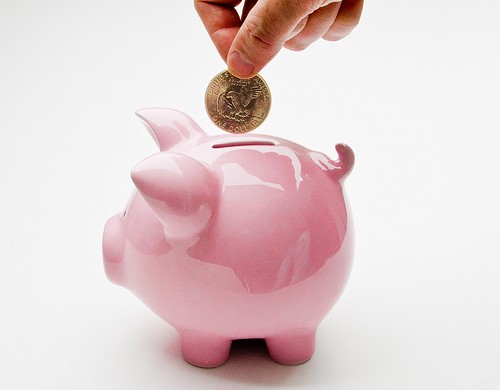It’s no secret that millennials are “killing” the housing market, but that’s only because the housing market killed off millennials’ chances of buying a house. Americans under the age of 40 currently make up only 37% of the housing market and it’s largely because housing prices have skyrocketed in recent years.
High housing prices, poor mortgage rates, and expensive down payments have kept many folks from investing in a house. But now that the housing market is finally swinging back down into the buyer’s favor, now may be one of the best times to invest, especially if you’re renting in an expensive city like Denver or New York City.
How do you save for a house as a single person?
It’s one thing to be on a budget and another to be on a budget as a single person. Buying a house on your own can be tricky because you often get a better deal on a home loan when there are two incomes involved. But just because it’s tricky doesn’t mean it’s impossible.
Here are a few tips that can help you buy a home on your own when you’re working with a single income.
- Start by doing your research. The first thing you want to do whether you’re buying a home on your own or with a partner is to do research and get advice. Look for local non-profit organizations that offer homebuyer education, credit counseling, loans, and other home-buying resources you can take advantage of.
- Consider where in the neighborhood you want to move. It’s not only important to know what city you want to buy a house in but also which neighborhood you want to move to or stay in. Once you know the neighborhood, you can look around at the average housing prices in that area. This will give you a general idea of how much you need to save up for when it comes to making a down payment. Certain areas are more expensive than others. For instance, Seattle is the 18th largest city in the U.S. and it’s more expensive to live in the heart of the metro than to live outside the city.
- Put your savings first. This is far and away the toughest part. Consumers in the U.S. spent $517 billion last year shopping online. If you’re looking to save, it might be wise to visit Amazon a little less. When you’ve decided you want to start saving for a house and you know how much you need to save for a down payment, make your home savings #1 in your budget. Think about how much you want to save every month toward that goal and shape the rest of your budget around that number. Create a separate account for your savings, too, to keep your savings from merging with the rest of your spending money.
- Avoid homes that need major repairs. High housing prices have made fixer-upper homes that much more appealing to potential homebuyers. But when you’re buying a house on your own, the last thing you want to have to worry about is needing to do a major project as soon as you move in. A new metal roof might lower your homeowner’s insurance by 35%, but a roofing installation is a project you’ll want to work on later on when you have the budget for it.
- Opt for homes that need minor repairs, instead. When you’re house hunting on a tight budget, don’t let minor repairs get in your way. A homeowner might spend 5% of their home’s value on landscaping to yield a 150% ROI, but if you forego a house because of its not-so-good curb appeal you could end up losing out on a great deal. You can always make those minor repairs yourself and give your new home’s landscaping a yard-lift when you move in.
It can be a little intimidating to make the move toward buying your first house, especially when you’re making that move on your own. But by following the tips above, doing your research on home loans and credit counseling, and budgeting right, you can save up for a down payment on a home you’ll love.

